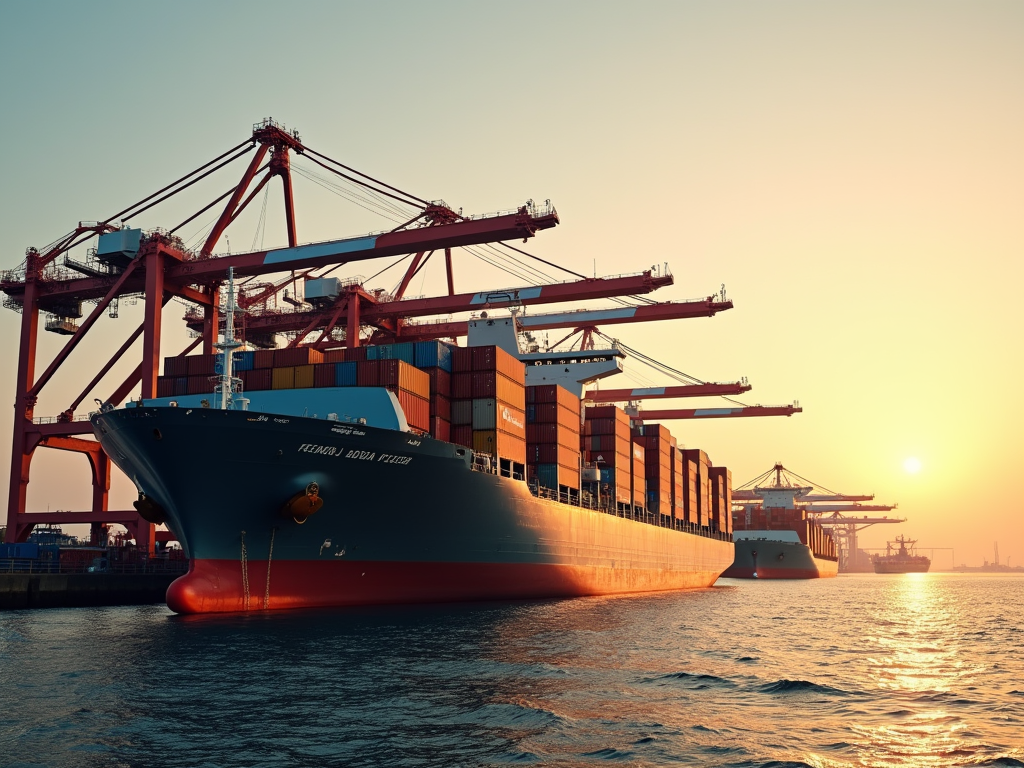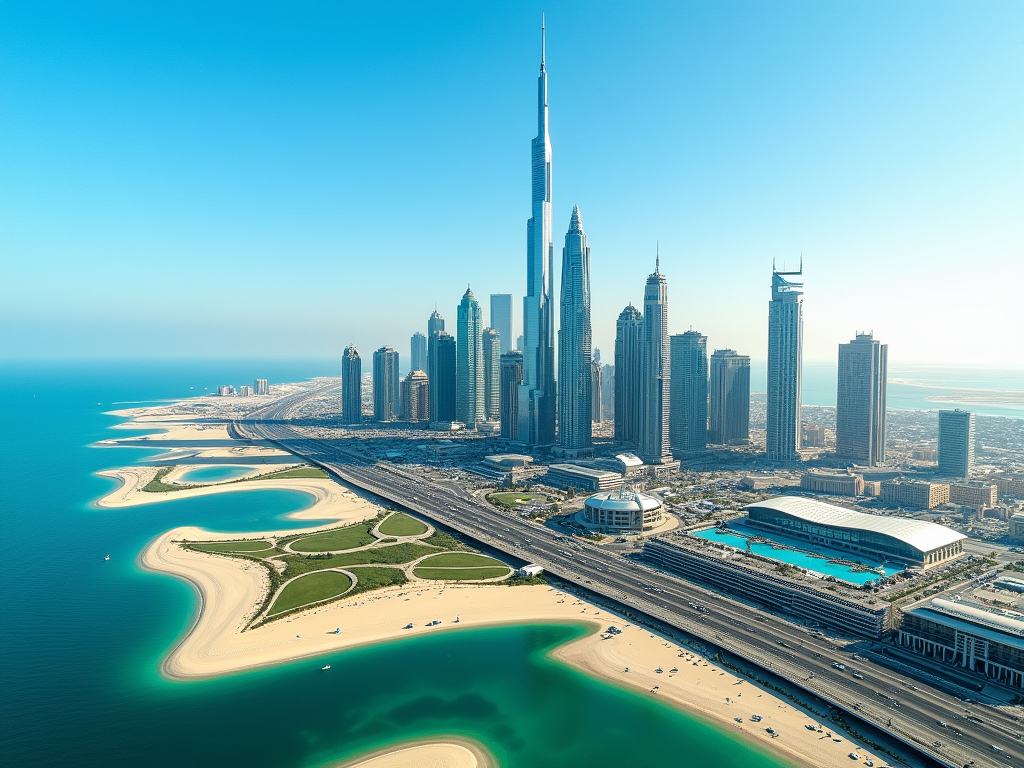The Impact of Dubai’s Modern Infrastructure on International Business
BusinessDubai has rapidly transformed into a global business hub, thanks largely to its impressive modern infrastructure. The city’s strategic location, advanced transportation systems, and state-of-the-art facilities enable it to serve as a pivotal point for international commerce. This modern infrastructure not only facilitates trade and commerce but also enhances connectivity, making Dubai an attractive choice for businesses worldwide. In this article, we will explore how Dubai’s infrastructure has impacted international business operations, highlighting essential aspects such as transportation, technology, and economic zones.
Strategic Location and Connectivity

One of Dubai’s most significant advantages stems from its strategic geographical position, linking the East and West. The city’s central location serves as a gateway to many emerging markets in Asia, Europe, and Africa. This accessibility fosters international trade and encourages foreign direct investment. Businesses that establish operations in Dubai can benefit from:
- Proximity to Key Markets: Dubai provides quick access to burgeoning markets in the Middle East and beyond.
- Well-Connected Airports: Dubai International Airport is one of the world’s busiest, with flights to over 200 destinations.
- Advanced Shipping Facilities: The Port of Jebel Ali is one of the largest and most advanced ports in the region.
This connectivity not only simplifies logistics but also enhances overall business efficiency, making it easier for companies to operate globally while maintaining local presences in Dubai.
Advanced Transportation Systems

Dubai boasts a unique transportation network that includes an extensive metro system, roads, and public transport options like taxis and water taxis. These features significantly contribute to the ease of travel and transportation of goods, thereby attracting international businesses to set up operations within the city. Key transportation elements include:
- Dubai Metro: This modern, automated metro system reduces commute times and enhances mobility.
- Road Networks: A robust network of highways connects Dubai to surrounding emirates and countries, facilitating seamless trade.
- Ports and Airports: Well-equipped airports and seaports expedite the movement of cargo and passengers alike.
The effectiveness of these transportation systems allows businesses to streamline their operations, reduce delivery times, and improve customer satisfaction — critical factors for any international operation.
Dubai continuously invests in technological infrastructure to enhance its business environment. The city has embraced the concept of a ‘Smart City’, integrating technology across various sectors, including business, transportation, and governance. Some notable initiatives include:
- Smart Parking Systems: These reduce search times for parking spaces, enhancing overall urban mobility.
- Blockchain Technology: Utilized in government services to increase transparency and security, which is attractive to businesses.
- 5G Network Deployment: Facilitates faster communication and supports technology-driven businesses, optimizing operations.
These advancements create an efficient ecosystem that empowers businesses to operate with agility and fosters innovation, consequently shaping Dubai as a business-friendly environment.
Free Zones and Economic Incentives
Dubai features numerous free zones that offer various benefits to international businesses, such as 100% foreign ownership, tax exemptions, and simplified customs procedures. These zones cater to diverse sectors including technology, media, and logistics, providing companies with tailored solutions to their operational needs. The key advantages include:
- Tax Benefits: Businesses can enjoy a 0% corporate tax rate for a specific period, encouraging investment.
- Ease of Setting Up: Streamlined procedures and regulations facilitate quick business establishment.
- Diverse Economic Opportunities: Free zones attract companies from various sectors, enhancing cross-industry collaboration.
Such economic zones, coupled with favorable business regulations, make Dubai an attractive destination for multinational corporations looking to expand their operations in the Middle East.
Conclusion
Dubai’s modern infrastructure plays a pivotal role in shaping its landscape as an international business hub. Through strategic location, advanced transportation systems, and technological initiatives, the city has created an environment that promotes growth, innovation, and global connectivity. As companies continue to seek places where they can operate efficiently and effectively, Dubai remains a top contender, perfectly positioned to meet the demands of the international marketplace.
Frequently Asked Questions
1. What makes Dubai attractive for international businesses?
Dubai offers a strategic location, advanced infrastructure, tax incentives, and a business-friendly environment, making it highly attractive for international companies.
2. How does transportation in Dubai affect business operations?
The efficient transportation network reduces logistics costs and improves delivery times, which are crucial for successful business operations.
3. What are Dubai’s main economic zones?
Some of the well-known economic zones include the Dubai Multi Commodities Centre (DMCC), Dubai Internet City, and Dubai Silicon Oasis.
4. How does Dubai support technology integration for businesses?
Dubai promotes technological advancements through Smart City initiatives, providing access to innovative solutions like blockchain and 5G networks.
5. Are there any tax benefits for businesses in Dubai?
Yes, Dubai offers numerous tax benefits, including a 0% corporate tax in free zones and other financial incentives designed to attract foreign investment.
